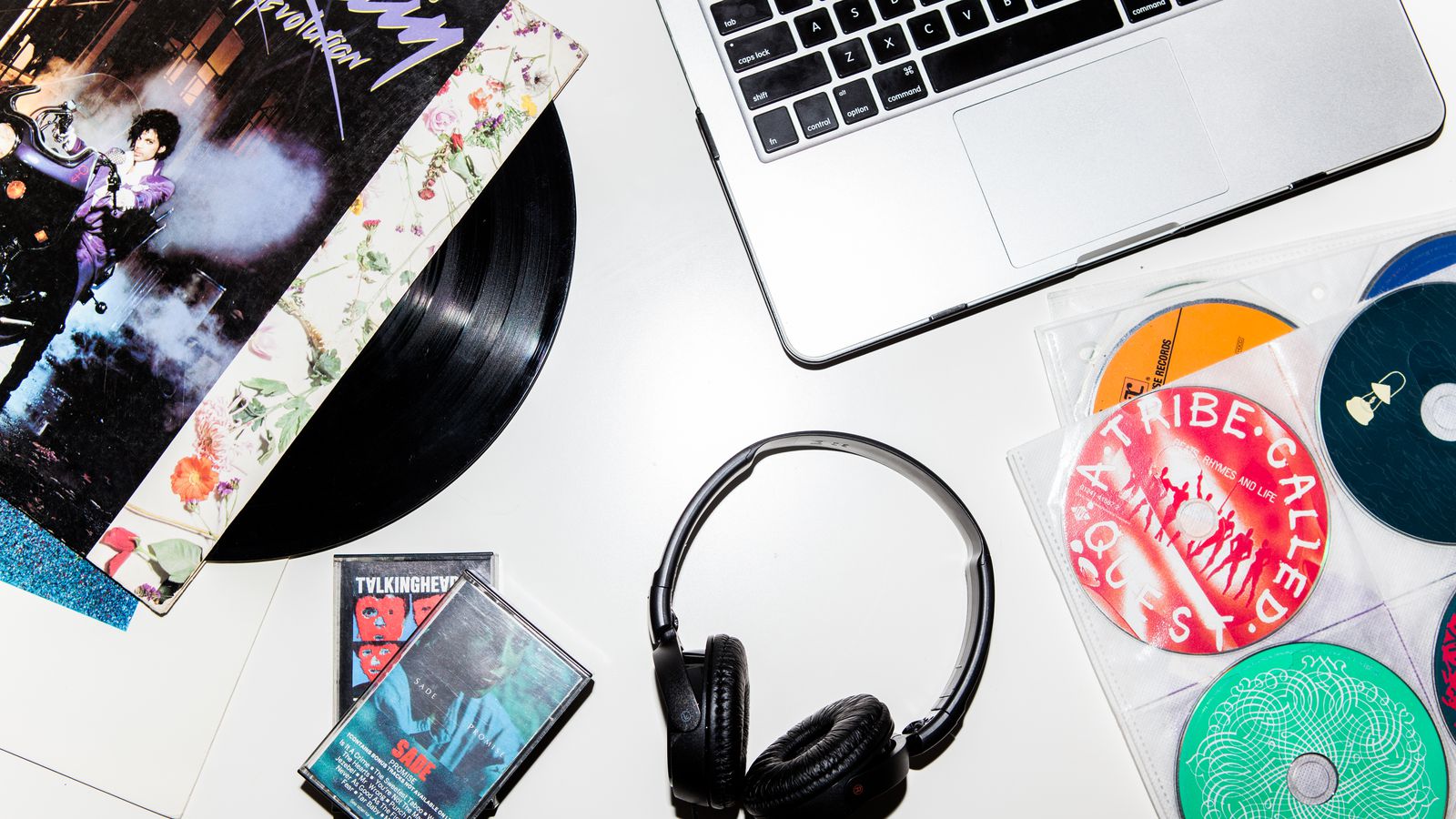Unless you are literally twelve years old–so the music of today, is the music of your youth–it's very likely you are drawn to the sounds of your past.
'Music used to be so much better' is a sentiment that almost everyone can relate to. The thing is that music didn't use to be better, or worse. We like the music that we like, and navigating through an neverending catalog of music to find something we like, is just extremely time consuming and draining.
Therefore it's not enough to have streaming services simply list all available music. What is a normal person to do? Go through all music that has ever been made alphabetically? By year? As we've seen here, we like music by lots of different artists, that has come out over many different decades.
So, no. That doesn't really work.
The streaming services obviously know this, and the big problem they're solving is discovery. Providing listeners with music they like easily, is the only competitive advantage that can be offered in a market where all music is available to everyone, always.
There are two ways to tackle this. With curation or with algorithms. The problem with curation is that it doesn't scale, and the problem with algorithms is they get real generic, real quick.
For a while Spotify has done good job of creating thousands of playlists, some which have become extremely popular and influential.
But then they went and took it a step further. With all of the data they have about users listening habits, and the collective listening habits of us all, their feature Discover Weekly provides every user with an auto-generated (so made by algorithms) playlist for every user, out every Monday (curated).
Discover Weekly is cracking the code of personalised curation at scale.
Ben Popper from the Verge went to visit Spotify NYC to find out how they pulled this off. It's well worth a read.

